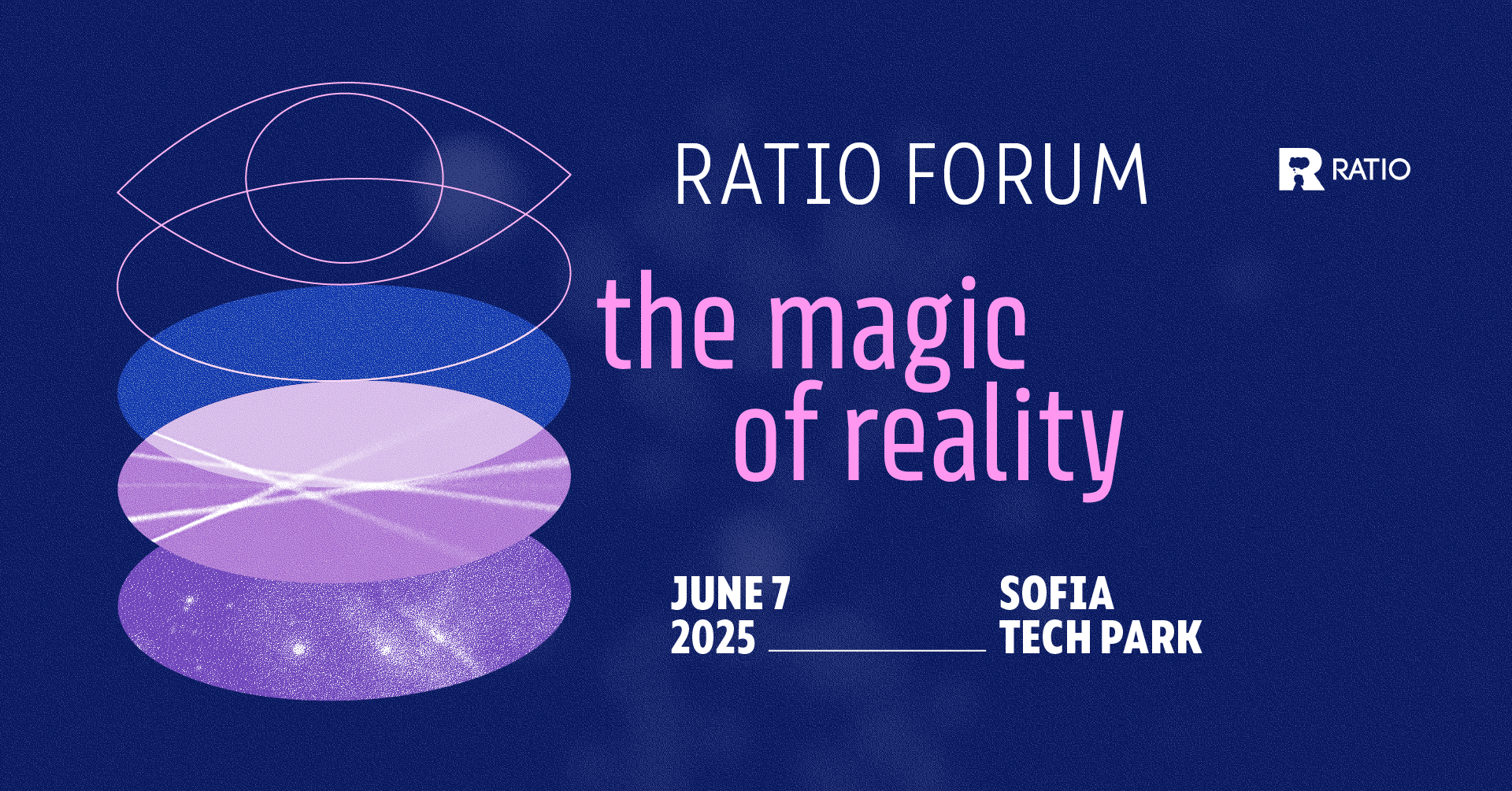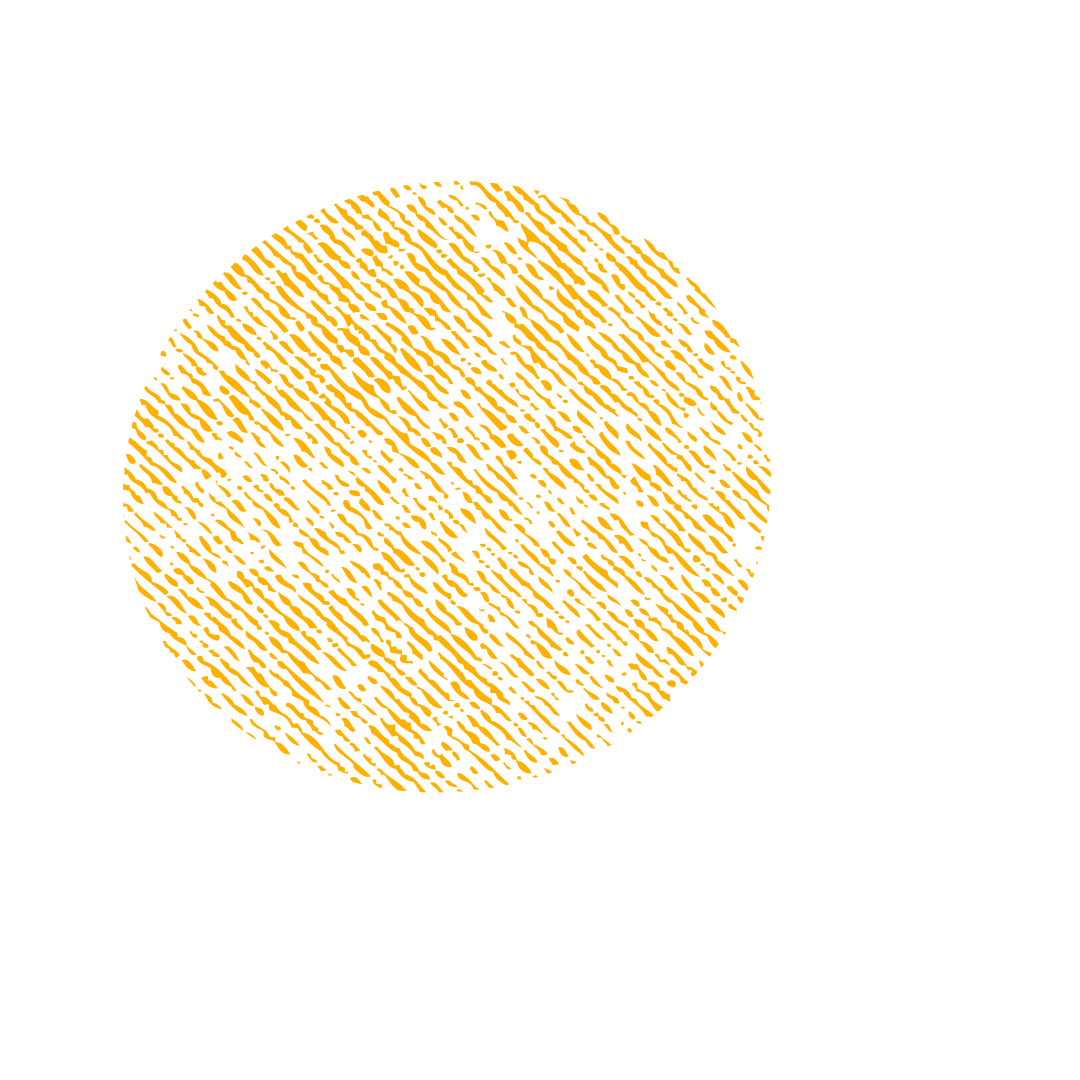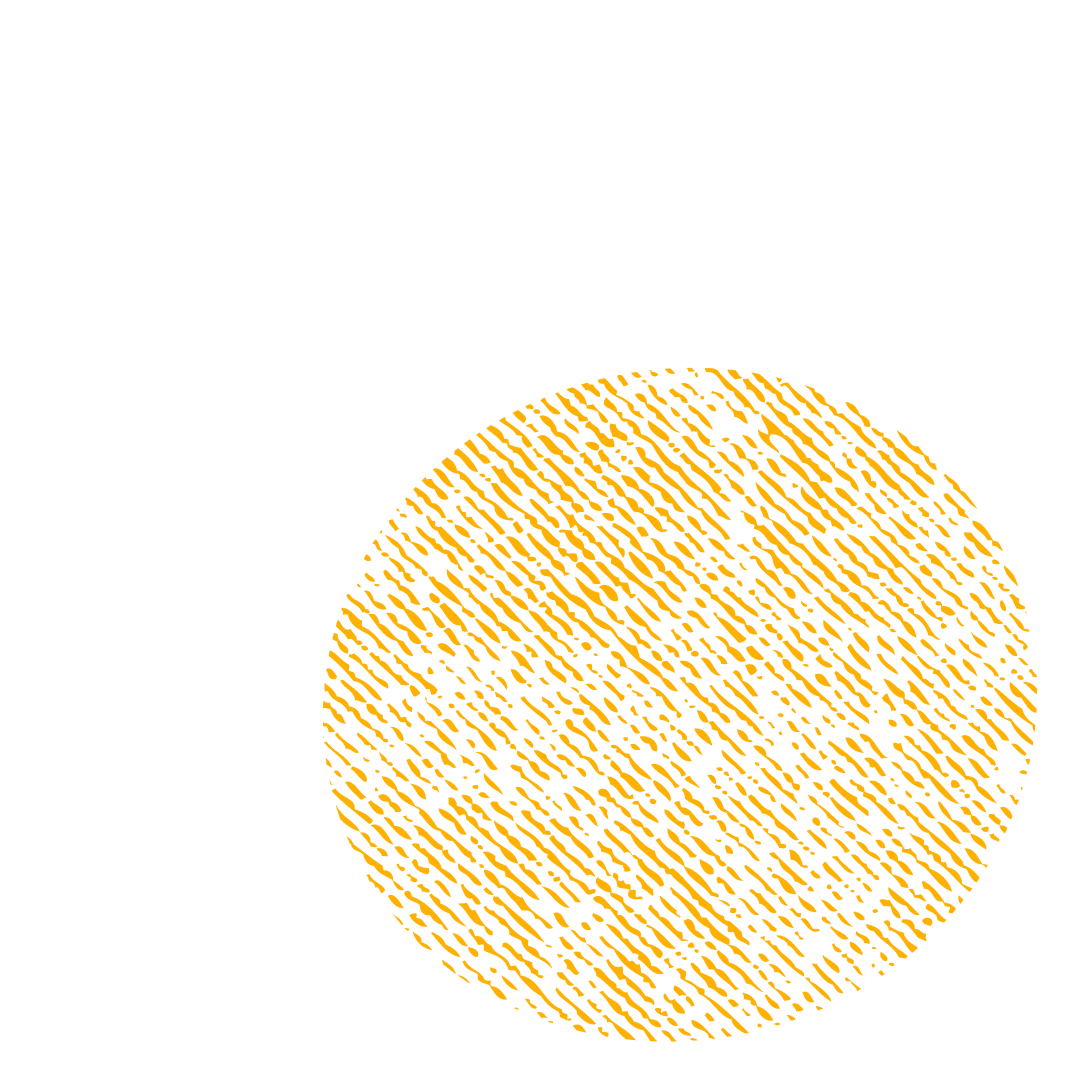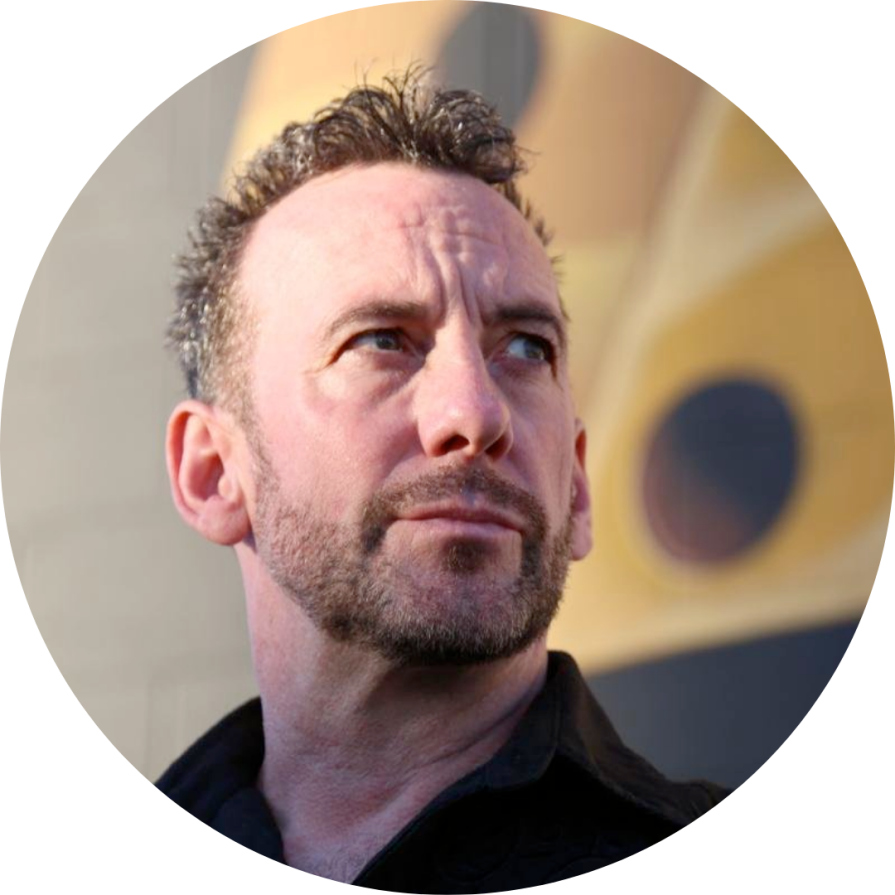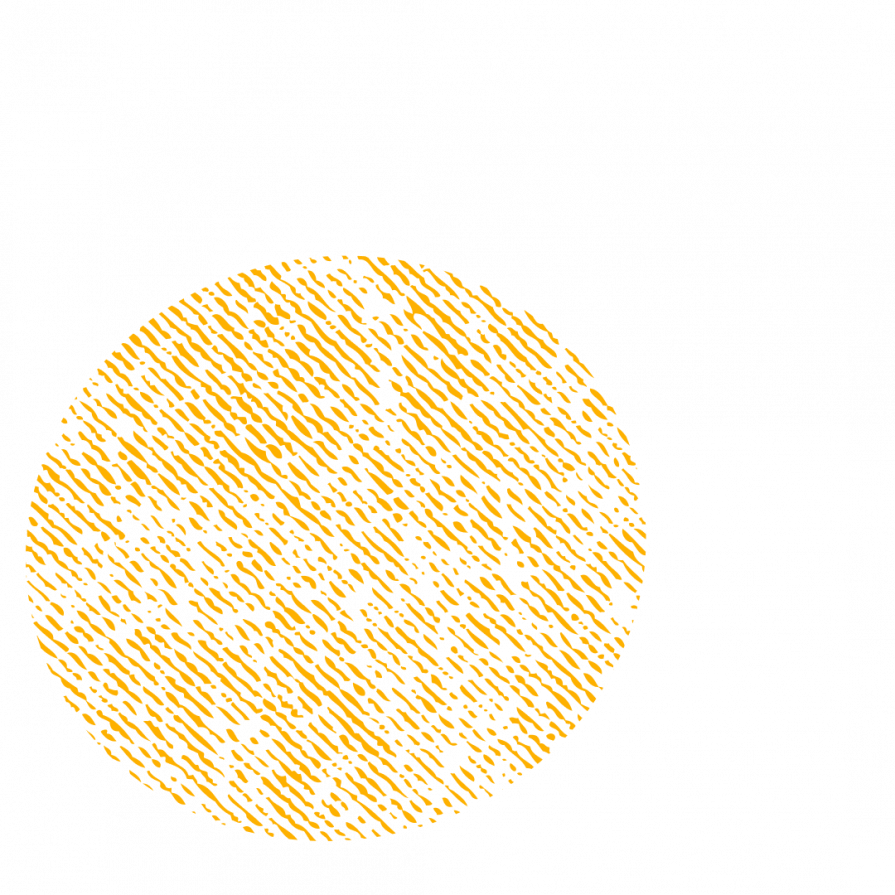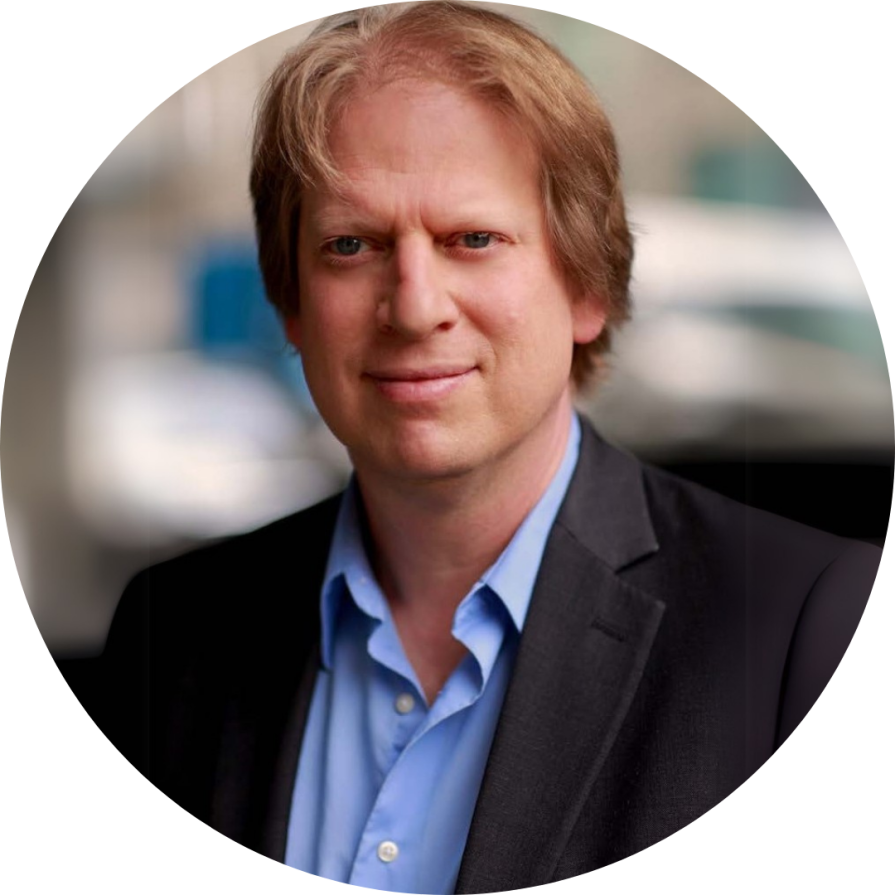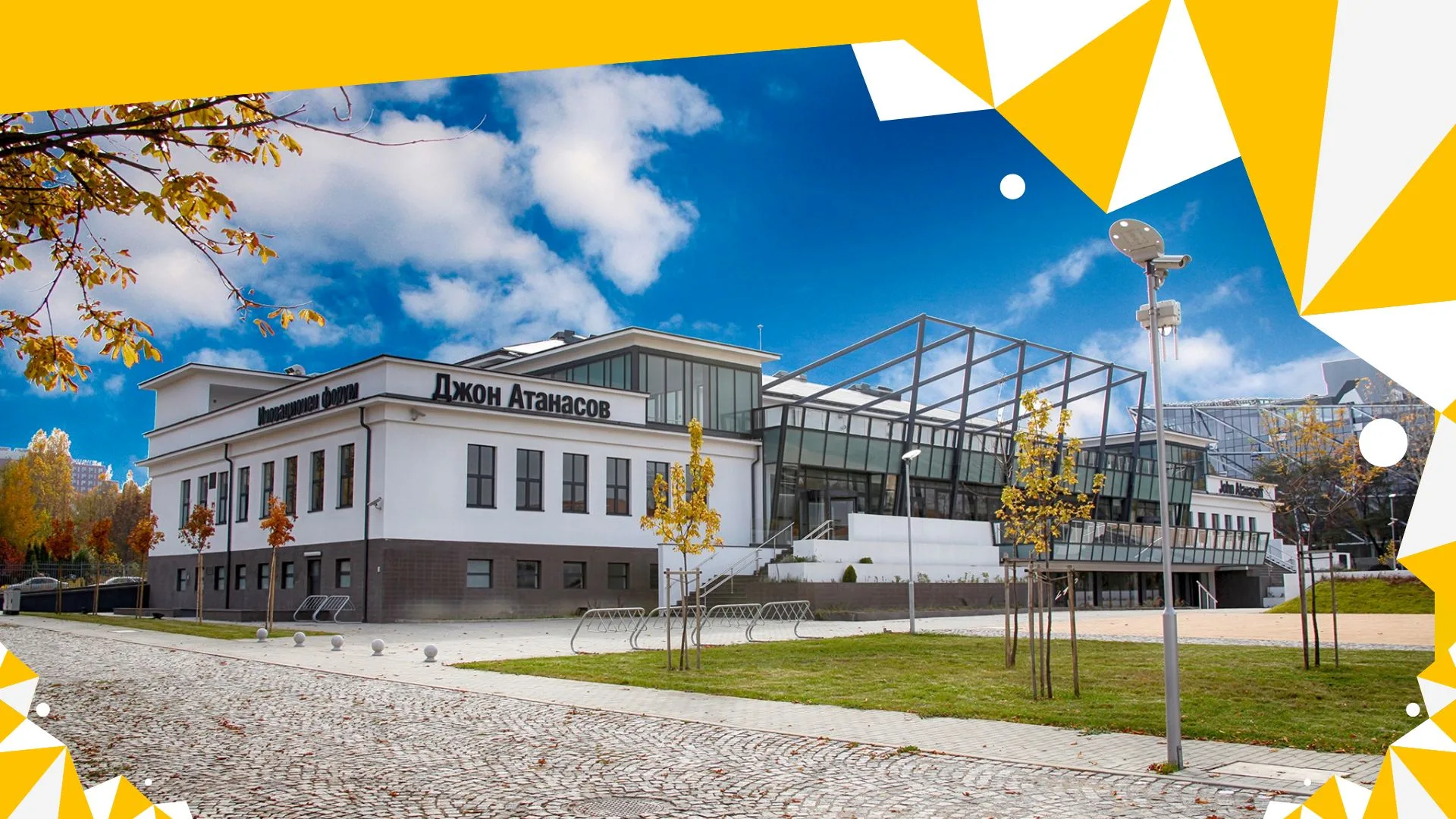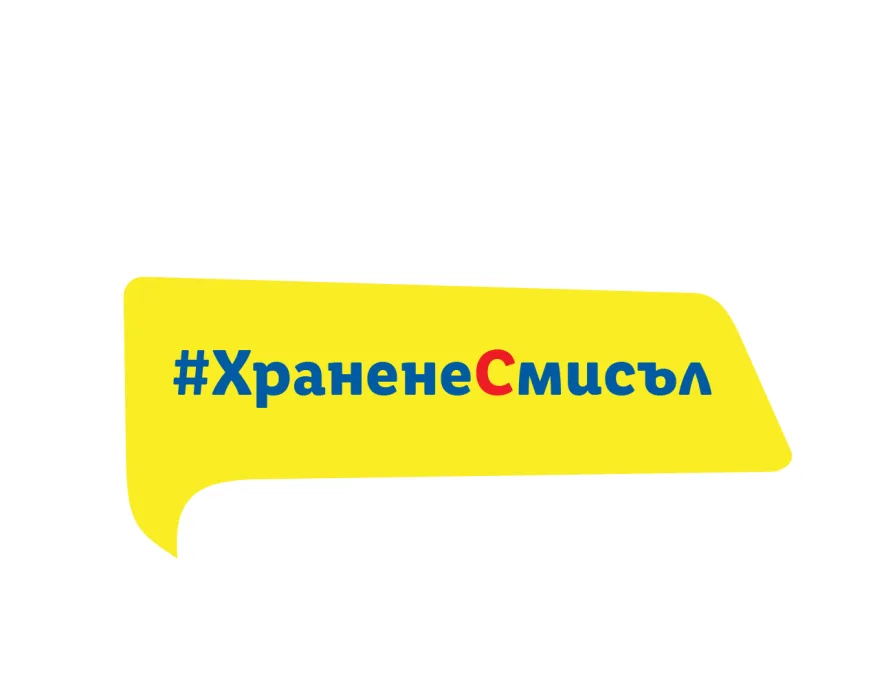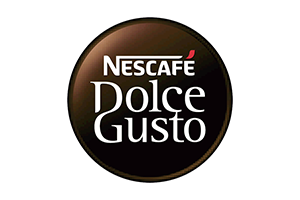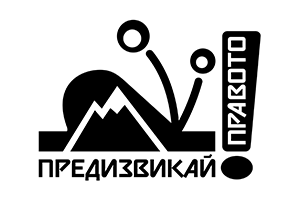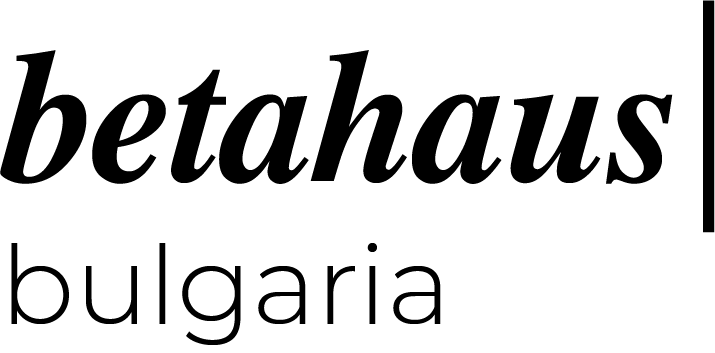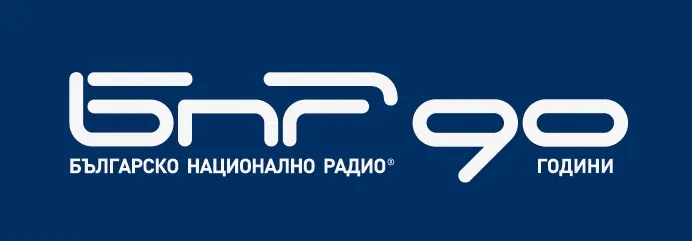Richard Wiseman is a psychologist, bestselling author, and renowned expert on illusions and the paranormal. In this talk, he’ll show us why our minds are so easily tricked—and how we can protect ourselves from our own cognitive blind spots.
Wiseman will present some of the world’s most striking optical illusions, reveal the secret techniques behind magic, explore paranormal phenomena, and ask whether we’re all capable of achieving the impossible.
Joining him is award-winning illusionist Paul Zenon, who will perform jaw-dropping tricks and a science stunt designed to entertain and astonish.
Known for his work in skepticism and the science of deception, Wiseman has advised global companies like Google and Amazon. His bestselling books—including The Luck Factor, Paranormality, and 59 Seconds—demonstrate how small shifts in our thinking can lead to big changes in our lives.
Would you like this formatted as part of a program or promotional material?

